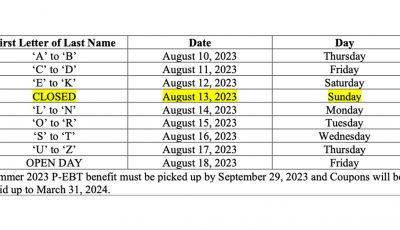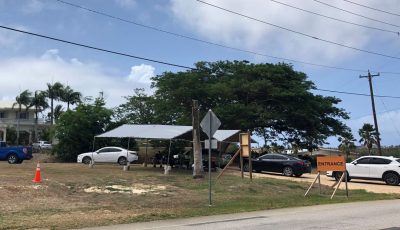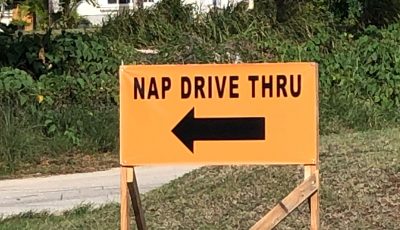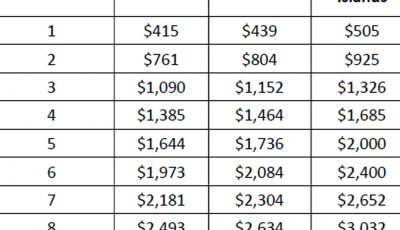‘Public charge’ rule excludes NAP
The Nutrition Assistance Program under the Department of Community and Cultural Affairs will not be affected, in the way it operates, by the “public charge” rule, which allows the Department of Homeland Security to deny legal status to immigrants if they are benefiting from certain public benefits.
Citing the U.S. government’s official website, NAP administrator WALTER MACARANAS pointed out that DHS “has added a new definition of ‘receipt of public benefits’ to section 212.21(e) to clarify that DHS will only consider the alien to have received a public benefit if the alien is a named beneficiary of the benefit.”
As such, an alien does not receive a benefit merely by virtue of having applied or been certified for such benefit, and has not received a public benefit if the alien acted not on his or her own behalf but on behalf of another person, Macaranas said.
“Therefore, if an alien is the person receiving benefits on behalf of another (for instance as a parent [or] legal guardian) the alien will not be considered to have received, been certified for, or applied for such public benefit,” he added.
A “public charge” is a person who receives government cash assistance for income or long-term care, which includes one who receives food stamps or Medicaid, among other government-funded benefits.
According to Macaranas, the “public charge” rule does not affect nonresident parents who are not the name beneficiary of the program and that the “public charge” rule does not change how NAP will operate and will not change their eligibility.
Macaranas also added that it is not their intention to turn people away. Whether resident or nonresident, NAP will help anyone who wants to apply for the benefit, and if they meet all the requirements and eligibility, then they will be able to obtain the food stamp benefit, he said.
The U.S. Supreme Court reversed a nationwide ban, or injunction, last Jan. 27 that had prevented the DHS from enforcing the “public charge” rule. Certain public benefits include Medicaid, nutrition assistance program, or housing assistance.




























